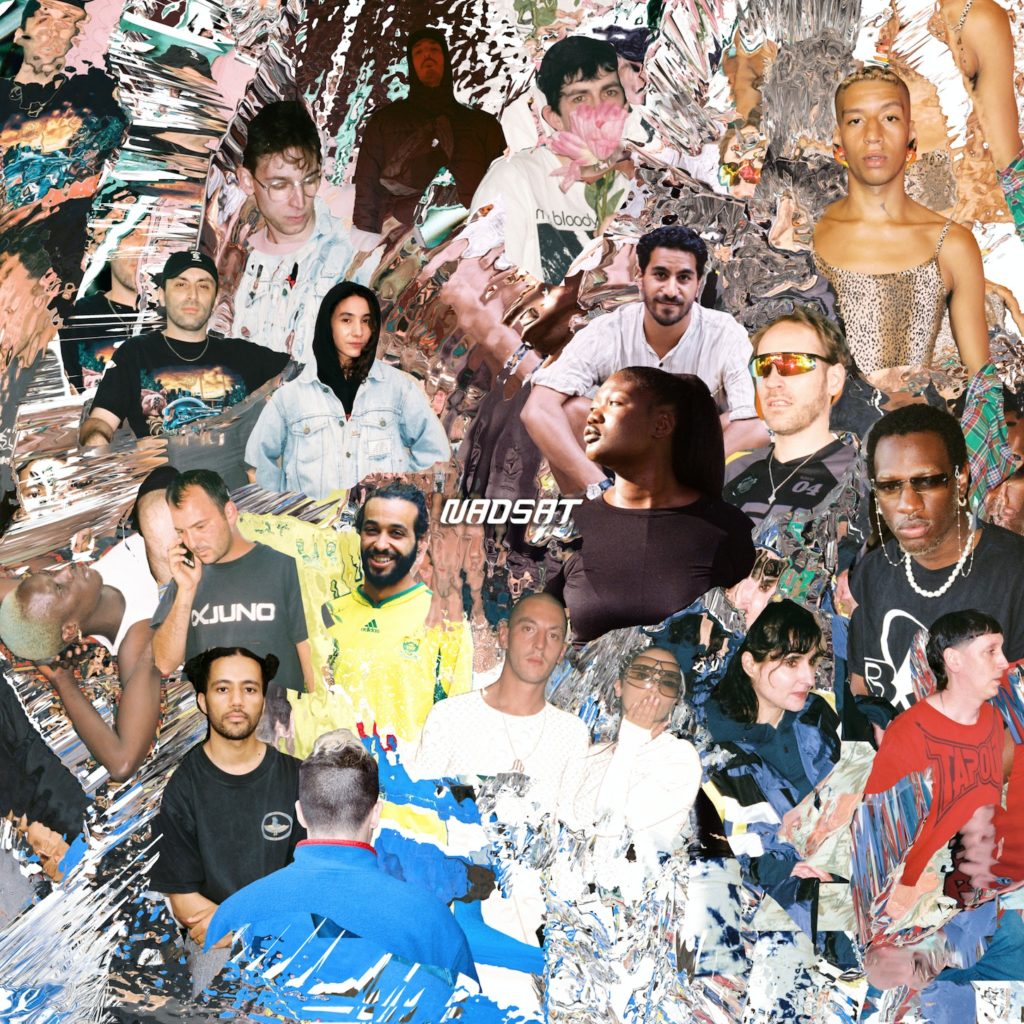
Fans of Clockwork Orange (both Anthony Burgess’ book and Stanley Kubrick’s movie) know that nadsat is the fictional slang spoken by Alex and his droogs : a blend of Russian and cockney English, with touches of French or Gypsy. The word nadsat itself is also a real word in Russian : it basically means teenage people.
Nadsat is now the name of a new compilation album, released by the Because Music label and the AMS agency, and dedicated to the youngest, latest electronic generation coming out of France, and just coming out of lockdown. As you may know, French computer-based music has been synonymous with French Touch and filtered house in the 90s, a movement fostered by Daft Punk, then with the dirty, distorted, rocking electro sound of « French Touch 2 » in the 00s, led by Justice. If those scenes have both been crucial to almost any young French musician or music-fiend, they were mostly made and listened to by white straight men. But it’s now been a good dozen years since club crowds in Paris or elsewhere grew increasingly more inclusive in France. And the French youth who goes raving on weekends in 2020 – or at least used to go raving, before covid-19 – is not only focused on four-to-the floor club music : they love current pop and current rap, and dance to afrotrap or reggaeton. And they often tend to prefer faster, and lesser known dance styles like gabber, hard techno, eurodance, kuduro or trance, to the classic house, electro or techno of their elders. These quintessentially popular genres don’t really bother with any notion of good taste ; some of those girls and boys who spent years dancing to them are now DJs and producers, and they already started to transform those sounds as their own. That’s what Nadsat is all about.
But the music you hear on Nadsat’s 14 tracks is less about one particular sound than about a common attitude towards music-making. Here, artists don’t care much about being part of a single genre – be it UK bass, hardcore techno or African club music – or belonging to one specific scene just to get more bookings on one chosen « circuit ». They virtually all started DJ-ing in warehouse parties, playing for dancers who didn’t expect one style more than another. You can hear this freeform spirit in their tracks and DJ sets : they naturally mix sounds and forms that could feel very remote from one another to older ears. They manage to blend codes and accents to create their very own private language, their very own nadsat.
Until lockdown, the artists you hear on Nadsat were playing every weekend for hundreds, if not thousands of people. Some of them are also well-known in the art scene and the fashion world : Crystallmess plays for fashion shows – recently for her friend and designer Telfar alongside UK artist Klein at PFW – and also created a performance/installation called Collective Amnesia : In Memory of Logobi that was showed in various places last year, such as at La Gaité Lyrique in Paris. And musicians on Nadsat are all pretty well-versed in style and image – photography, fashion design, graphic design, video art – which they use and manipulate and hybridize with the same talent they have for sound.
The majority of those figures do their stuff solo and don’t really belong to a crew or a collective. They have a similar avant-garde approach to music-making but each of them already defined a very distinct sound. Some of them share a common sensibility for pop : ascendant vierge, DJ Varsovie, Maud Geffray & Krampf ; some others like their tracks harder, like Sentimental Rave or aamourocean ; while a few others tend to verge towards the clubbier side of things, such as Kabylie Minogue, Crystallmess or AnyoneID. But Nadsat also hosts two families. The first one is named Casual Gabberz (members : Evil Grimace, Paul Seul, Krampf, Von Bïkrav) and spent these four or five last years reviving the European gabber sound in France with their own tools and backgrounds. The second one is called La Fédération du Boukan. Based between Paris and Cergy-Pontoise (a suburbian city 20 miles away from the capital), the team is built around DJ and producer Bamao Yendé, alongside his band Nyoko Bokbae and their friend Fatal Walima. They all revel in an ever-expanding curiosity for R&B, African-Caribeean modern club sounds and UK bass.
They’re black, arabic or white, mostly queer-minded, and they’re a new generation. The future they show us is hardcore but thrilling – and Nadsat may be, hopefully, the blueprint of their vision.
This project has been thought and made before the coronavirus peaked worldwide, last March. But it still sounds just right with today’s mood and mindset and, since it only features French artists, fits very well the “go-local” spirit of the post-covid era. The people on Nadsat can all the more act as the young leaders of the new national scene. Foreign big names can’t come and play here anymore for the moment, meaning most of the attention is now focused on our country’s production, and especially on this compilation.
To get the best possible exposure, and with the available means, we’ve set up a partnership with Arte Concert, Technopole and German festival United We Stream (created at the beginning of lockdown). This idea has been successfully tested in Berlin since March : DJs livestreaming every week, from Thursday to Sunday. The earnings are then distributed to the clubs – 500 000 euros have already been given back to the industry. From June 4, a French version of the festival will see the light, featuring a crew of Nadsat artists playing live.
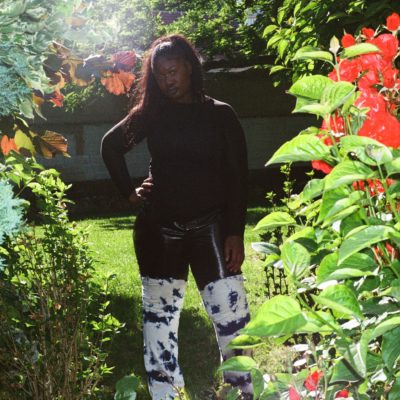
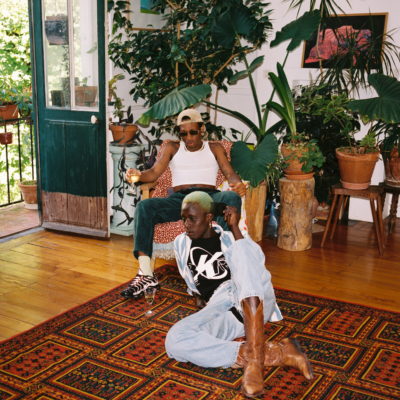

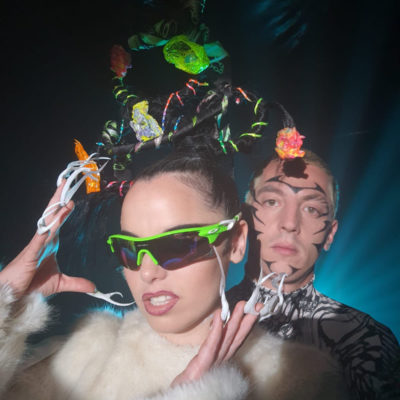

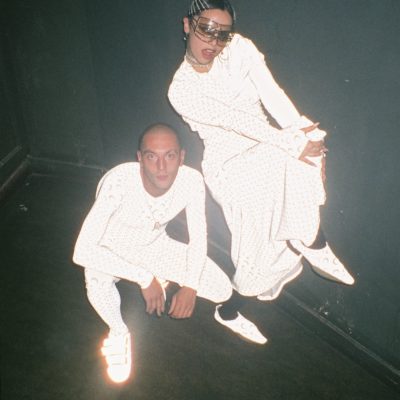
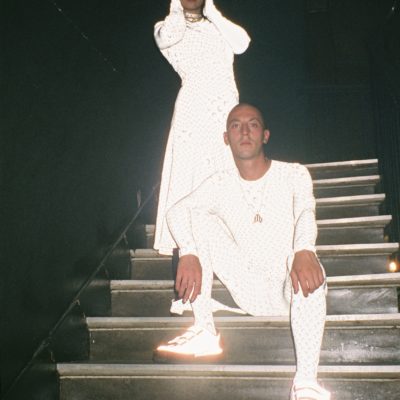
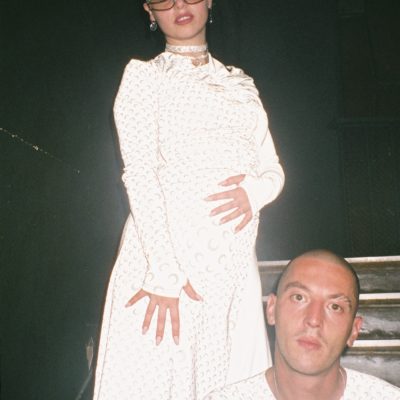
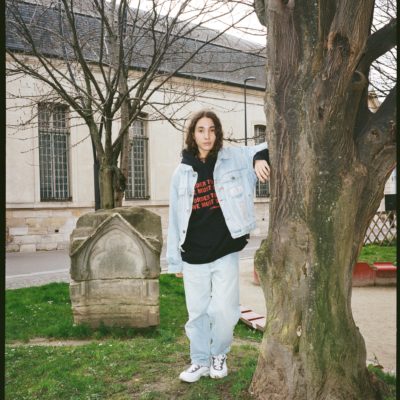
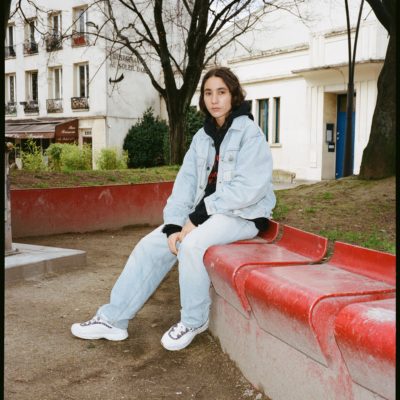
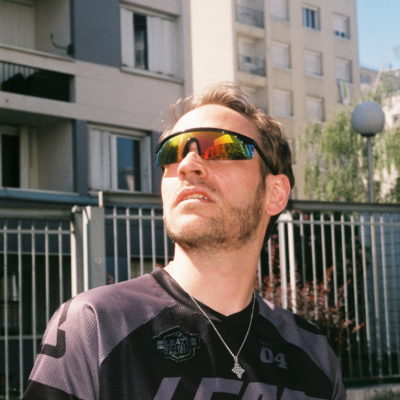
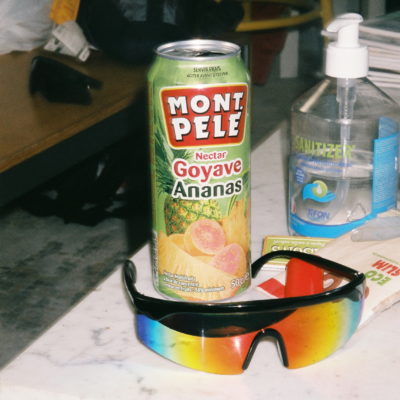
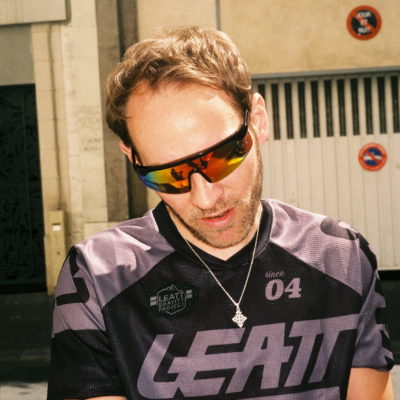



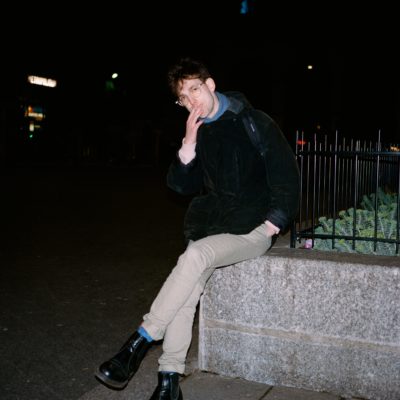
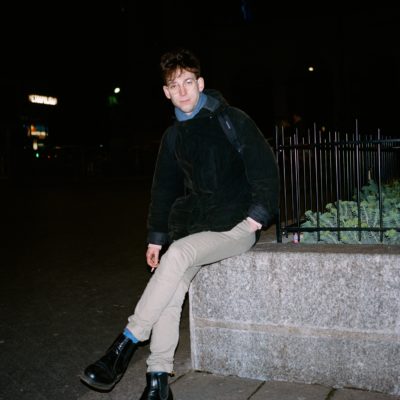



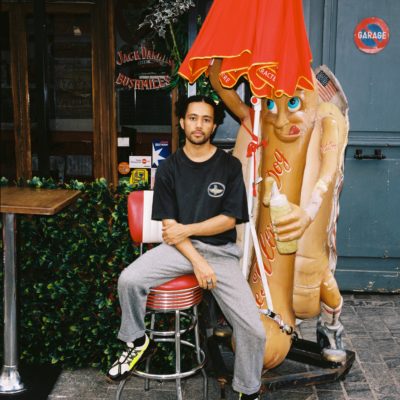



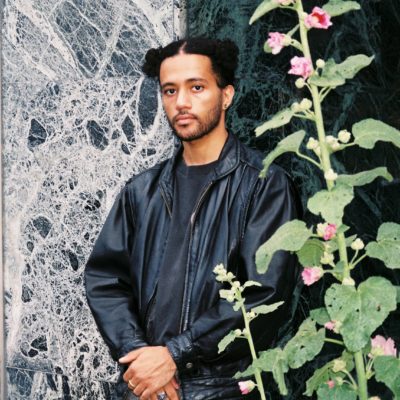
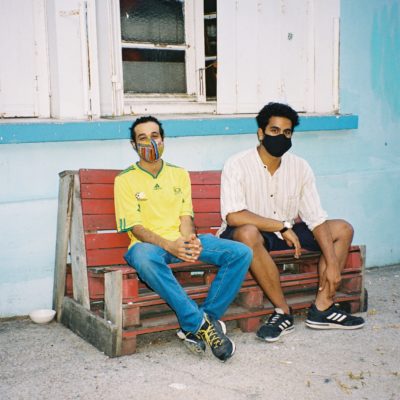
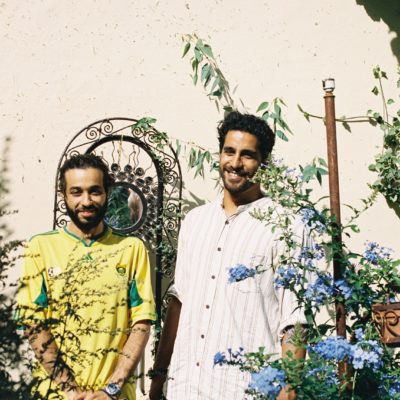
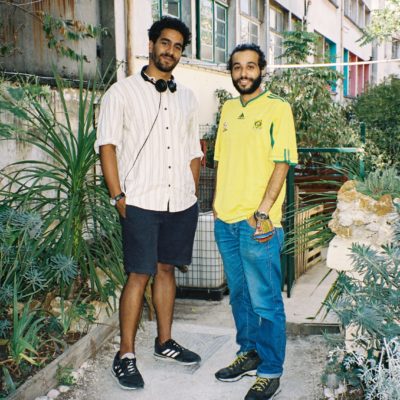
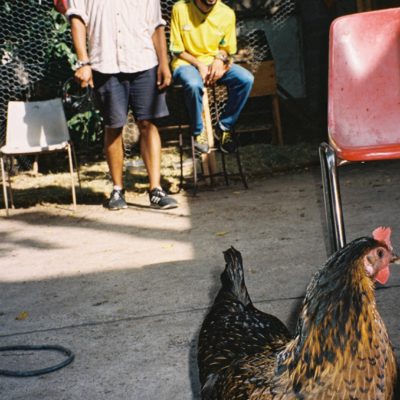
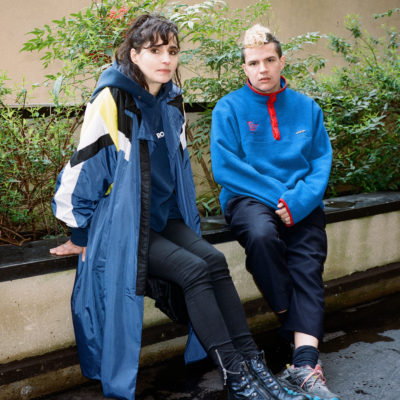
Directeur Marketing
Arnaud Nicolas
nicolas.arnaud@because.tv
01 53 21 52 73
Directeur Marketing
Arnaud Nicolas
nicolas.arnaud@because.tv
01 53 21 52 73
Responsable Promotion
Daniela Soares
daniela.soares@because.tv
01.53.21.52.62
Promo web
Guney Yilmaz
guney.yilmaz@because.tv
01.53.21.52.56
Promo web & presse spécialisée
Emilien Evariste
emilien.evariste@because.tv
01.53.21.53.25
Promo web & presse spécialisée
Emilien Evariste
emilien.evariste@because.tv
01.53.21.53.25